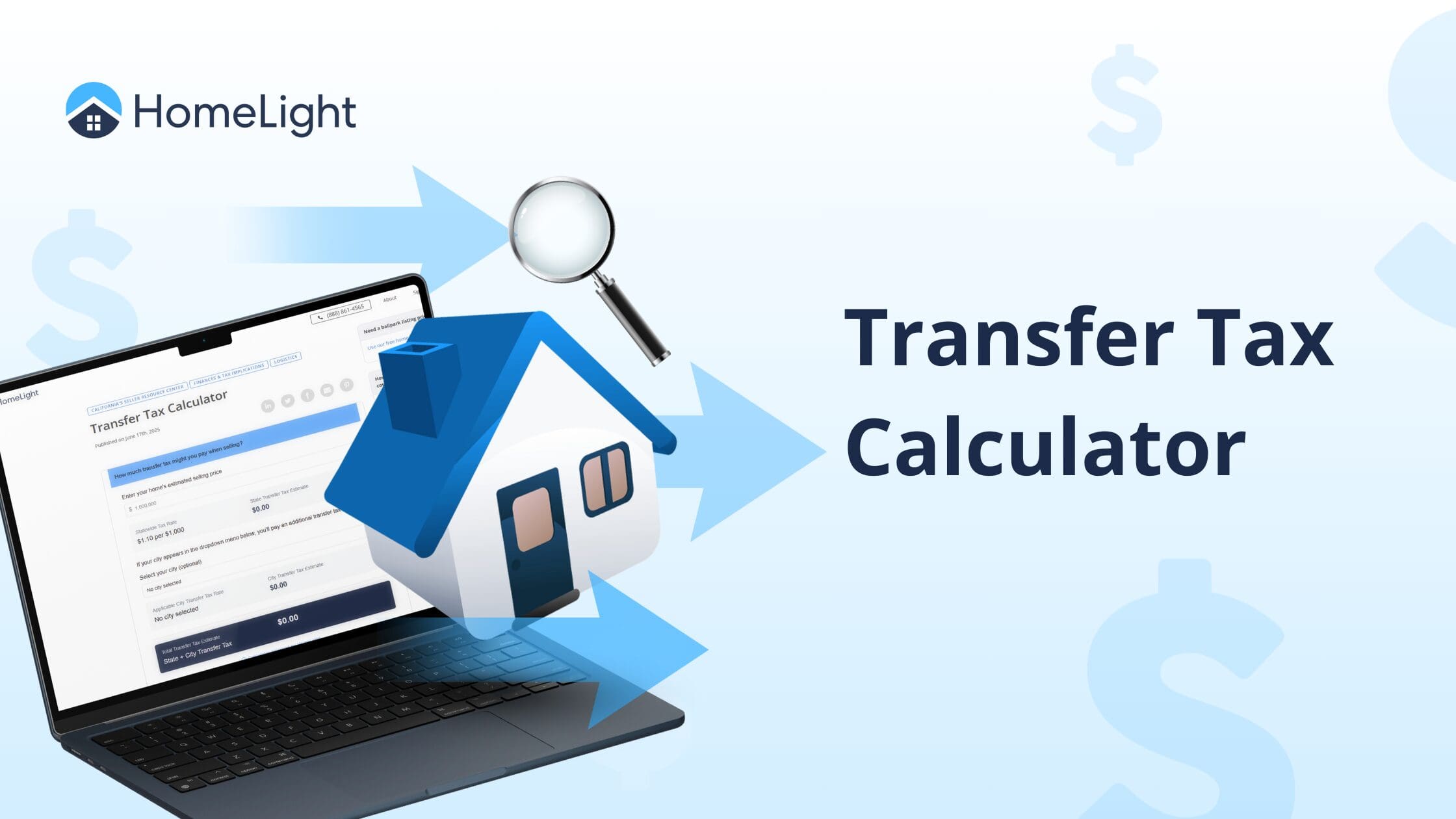Maybe you finally found your dream new-construction build in Phoenix, AZ, or the next place to call home in Middletown, CT. Either way, you’re going to want to make sure it’s perfect before moving in. That’s where a home inspection contingency comes into play. Whether you’re a first-time homebuyer or have quite the portfolio, in this Redfin Real Estate article, we’re covering all things inspection contingency to ensure you’re getting what you expect.
Key takeaways
- A home inspection contingency protects the buyer from purchasing a property with significant issues.
- While providing peace of mind and negotiation leverage during the home buying market, this contingency can potentially make the offer less appealing and delay closing.
- You may waive an inspection contingency because of a competitive market, a pre-inspection, or an alternative protection option, but it’s typically a good idea to keep it.
What is an inspection contingency?
A home inspection contingency is a clause added to a real estate purchase agreement that allows the buyer to back out or renegotiate the deal if the professional home inspection shows unsatisfactory results. This clause protects the buyer from purchasing a home that is not up to standard, whether that’s because of major repairs, structural damage, or other issues.
Pros of a home inspection contingency
- Protection from unexpected issues
- Negotiation leverage for repairs or price if issues arise
- Peace of mind about the property’s condition
Cons of a home inspection contingency
- Potential weaker offer (a seller may prefer an offer with fewer contingencies)
- Possible delay in closing due to the inspection process
- Inspection fee (typically $300-$600)
How does an inspection contingency work?
- The buyer submits an offer with an inspection contingency.
- If the seller accepts, the buyer typically has 7-10 days to hire a licensed home inspector, review the report, and decide on next steps.
- If the home passes inspection, the deal continues. If the home inspection shows any issues or concerns, the buyer can either accept the property as-is, cancel the deal, renegotiate, or request repairs.
- If repairs are needed, the buyer can submit repair requests which the seller can agree to, offer alternatives (like a credit for the repairs), or deny.
- Depending on how the buyer decides to proceed, an agreement is reached, and the deal can proceed towards closing.

Should I waive with a home inspection contingency?
Like any contingency, a home inspection isn’t mandatory, and each situation differs. While it’s typically a good idea to include an inspection contingency, here are some reasons why you might choose to forgo this one:
- You had a pre-inspection or access to a credible report: If the home has been recently inspected, it can be redundant to have another inspection.
- It’s a seller’s market: Sellers may find an offer with fewer contingencies more appealing, especially in a competitive market.
- It’s a new construction home: While it’s still a good idea to have an inspection, newly built homes often have few issues and come with warranties.
- You can assess the property yourself: If you’re a contractor, experienced investor, or just trust yourself to properly assess the property, you can potentially have the benefits of a professional inspection without the official process and cost.
If I waive an inspection contingency, what are the other alternatives?
While it’s a good idea to keep an inspection contingency, consider the following for protection:
- A pre-inspection: If the seller allows, this ensures the property is up to your standards before you make an offer.
- A shortened contingency period: If you still want a home inspection, but want to make the offer more attractive, this faster turnaround could be appealing to the seller.
- An “information only” clause: This clause lets you have the inspection without the option to negotiate or cancel your offer, which doesn’t protect you as much, but can also make the offer more appealing to the seller.
FAQs about a home inspection contingency
Still have some lingering questions? See below for our answers to some common inspection contingency FAQs:
Why should I include a home inspection contingency?
Essentially a home inspection contingency ensures you don’t purchase a home with any issues.
How long do I have for the inspection period?
Typically the buyer has 7-10 days to schedule and review the inspection.
Is a home inspection required for a mortgage?
No, a home inspection is the buyer’s choice and isn’t required for a mortgage. However, lenders typically require an appraisal for a mortgage.
What does a home inspection cover?
Home inspections typically cover both interior and exterior components such as structural components, roofing, plumbing, and electrical systems. See a detailed list in this Rocket article.



















 English (US) ·
English (US) ·